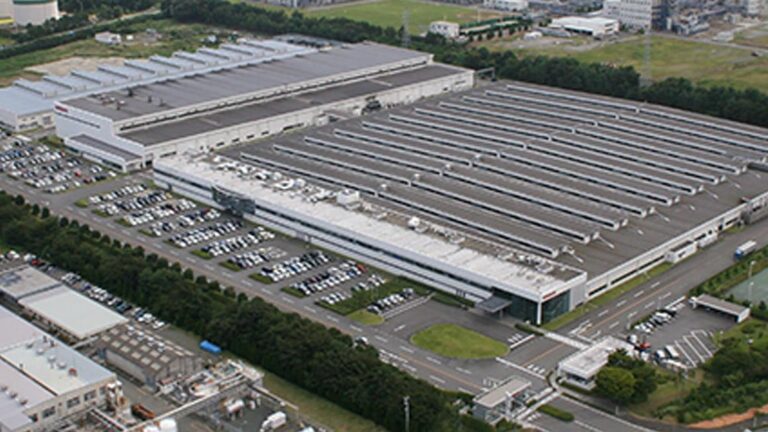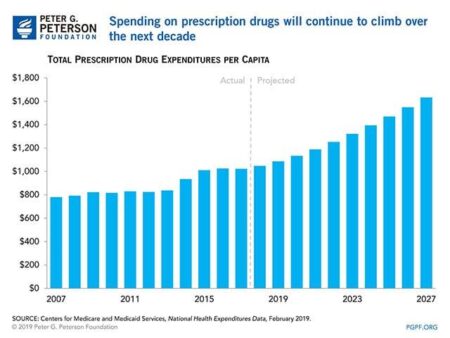Nissan’s Bold Move: Restructuring Amidst Financial Turmoil
In a significant development within the automotive sector, Nissan Motor Co. has revealed its intention to close more manufacturing plants and increase its job cuts in response to an alarming net loss of $4.5 billion. This strategic maneuver highlights the company’s commitment to refining its operations and addressing the challenges presented by a fiercely competitive and economically unstable market. As Nissan faces dwindling sales figures alongside escalating production costs, these recent actions emphasize an urgent need for organizational restructuring in light of evolving global automotive dynamics. The repercussions of these changes are likely to extend beyond Nissan itself, possibly impacting thousands of employees and raising concerns about the future landscape of manufacturing in affected regions.
Nissan’s Response to Financial Challenges
Nissan’s declaration regarding factory closures and increased job reductions follows closely on the heels of a staggering financial setback amounting to $4.5 billion in net losses. In light of declining demand coupled with rising operational expenses, the company is recalibrating its global production strategy as part of a broader restructuring initiative aimed at enhancing financial stability by targeting specific areas for downsizing.
This strategic shift is designed not only to improve profitability across key markets but also to eliminate operational redundancies that have become unsustainable under current economic conditions. Consequently, several facilities deemed non-essential will be closed as part of this comprehensive plan.
- Closure Strategy: Phased shutdowns will focus on underperforming plants identified through rigorous analysis.
- Workforce Adjustments: A revised workforce reduction plan aims to align employee numbers with actual production needs.
- Market Focus Realignment: Emphasis will be placed on core markets while prioritizing vehicles that drive growth potential.
The implementation of these measures is intended not only to stabilize operations but also restore investor confidence amidst growing uncertainty within the automotive industry, which may experience ripple effects from Nissan’s decisions influencing competitive dynamics and supply chain strategies across various players in the sector.
| Action Taken | Operational Impact |
|---|---|
| Factory Closures | Lowers manufacturing overhead costs significantly |
| Cuts in Workforce | Aims for reduced labor costs while enhancing efficiency levels |
Impact on Employees and Local Economies Due To Factory Closures
The decision by Nissan regarding factory closures along with ample job cuts raises serious concerns about implications for both employees within the automotive industry and local economies reliant upon these manufacturing hubs. Communities dependent on such factories may face considerable economic upheaval as jobs vanish; families relying on this income could find themselves facing financial hardships that resonate throughout local businesses—from eateries to retail outlets—leading ultimately towards diminished consumer spending power which can stifle regional economic growth historically tied closely with automobile production activities.
The ramifications extend beyond immediate employment losses; they signal long-term shifts requiring workers either retrain or relocate—a process fraught with logistical challenges as well as potential financial burdens associated with such transitions. Local governments might need proactive measures including support programs like vocational training initiatives or job placement services aimed at assisting displaced individuals during this turbulent period while addressing concerns over shrinking tax bases affecting public services crucially linked back into community infrastructure investments necessary for sustainable development moving forward.
Strategies for Recovery and Growth within Automotive Industry Landscape
The ongoing transformations faced by automakers necessitate robust recovery strategies especially among companies like Nissan grappling financially amid shifting market conditions characterized by heightened competition alongside evolving consumer preferences towards sustainability-focused solutions such as electric vehicles (EVs). Streamlining operations remains paramount—this could involve optimizing supply chains effectively reducing overall production expenditures without compromising product quality standards expected from consumers today who increasingly prioritize eco-amiable options when making purchasing decisions.
Moreover investing into employee retraining programs becomes essential supporting those transitioning out from sectors experiencing contraction thereby alleviating workforce disruptions whilst maintaining morale levels critical during challenging times ahead.
To foster sustainable growth collaboration amongst key stakeholders proves vital; partnerships formed between local governments technology firms can expedite innovation processes leading toward economic recovery efforts benefiting all parties involved.
Implementing strong customer engagement strategies enhances brand trust loyalty especially during periods marked by uncertainty ensuring continued patronage even amidst adversity faced collectively throughout entire industry landscape moving forward into future horizons filled promise yet fraught complexities requiring agility adaptability resilience above all else!
| Main focus areas | |
|---|---|
Conclusion: Navigating Change Ahead
Nissan’s decision-making surrounding additional factory closures coupled with significant increases planned concerning workforce reductions signifies an inflection point not just internally but across wider automotive landscapes grappling simultaneously against backdrop severe challenges posed shifting consumer behaviors intensified competition emerging technologies reshaping entire industries globally! Stakeholders remain vigilant observing signs indicating pathways toward recovery long-term implications stemming drastic measures taken now shaping operational capabilities future viability success stories written anew amidst ever-evolving narratives unfolding daily before our eyes!
`




